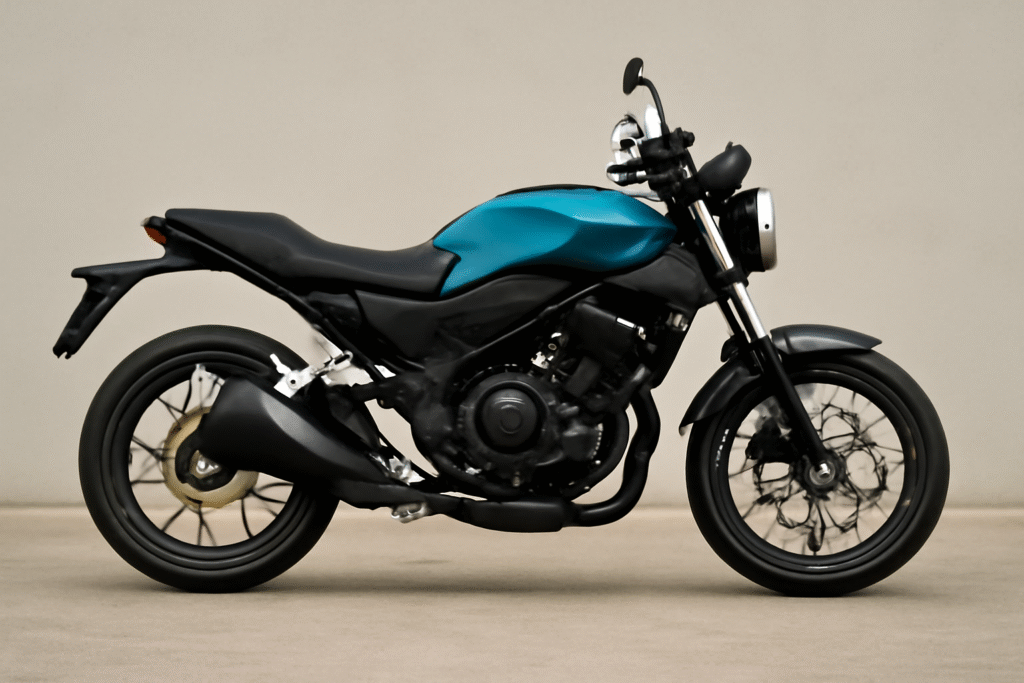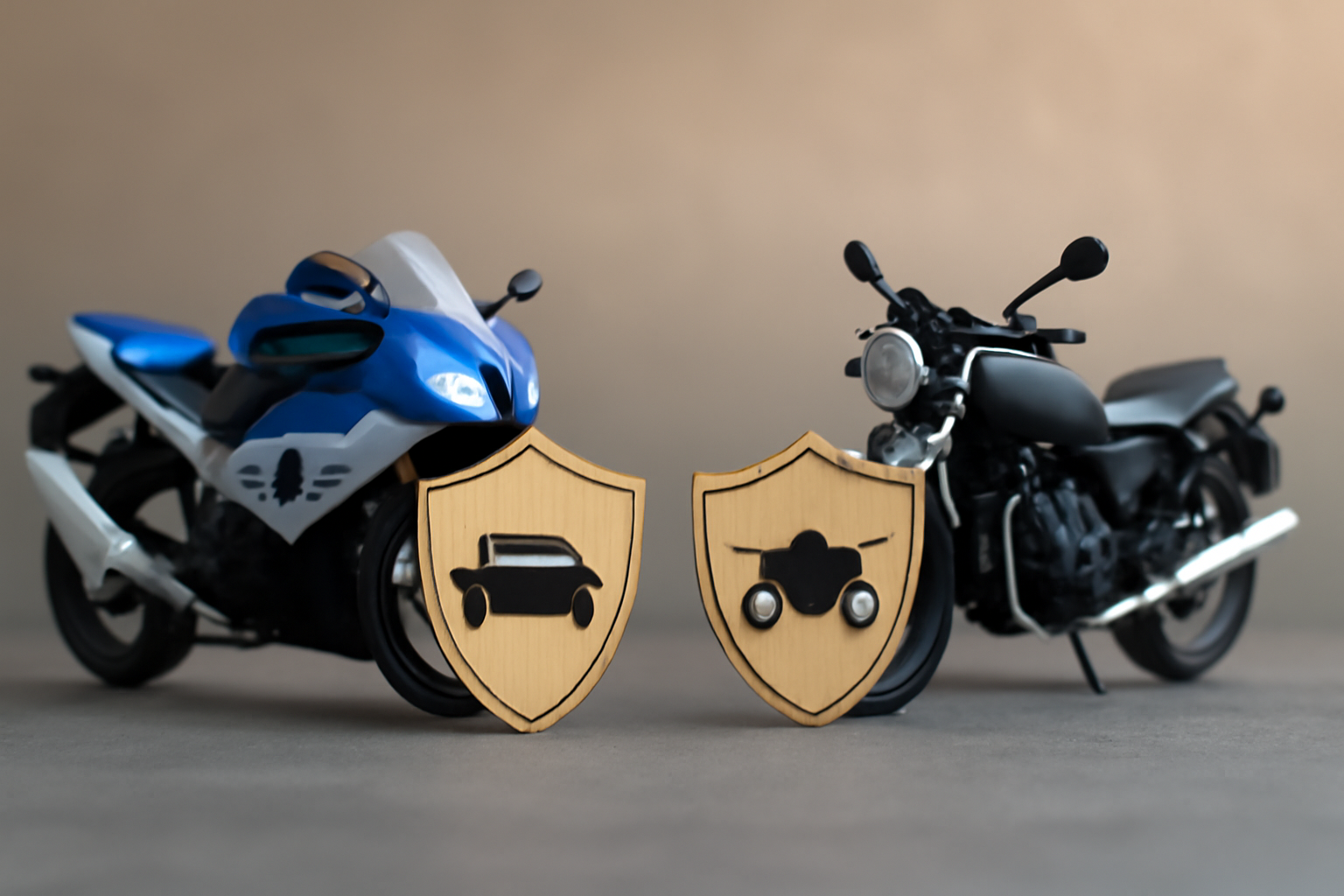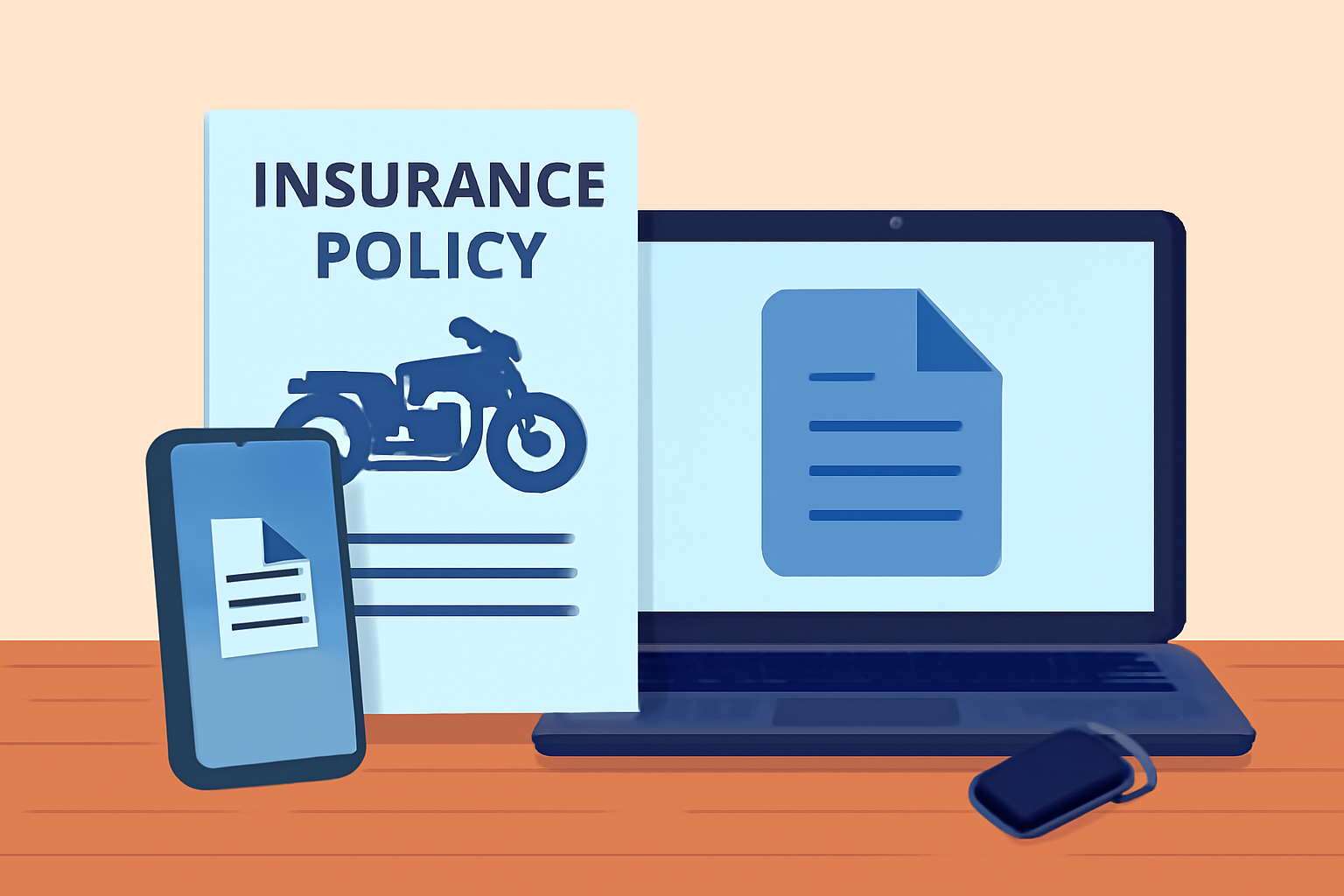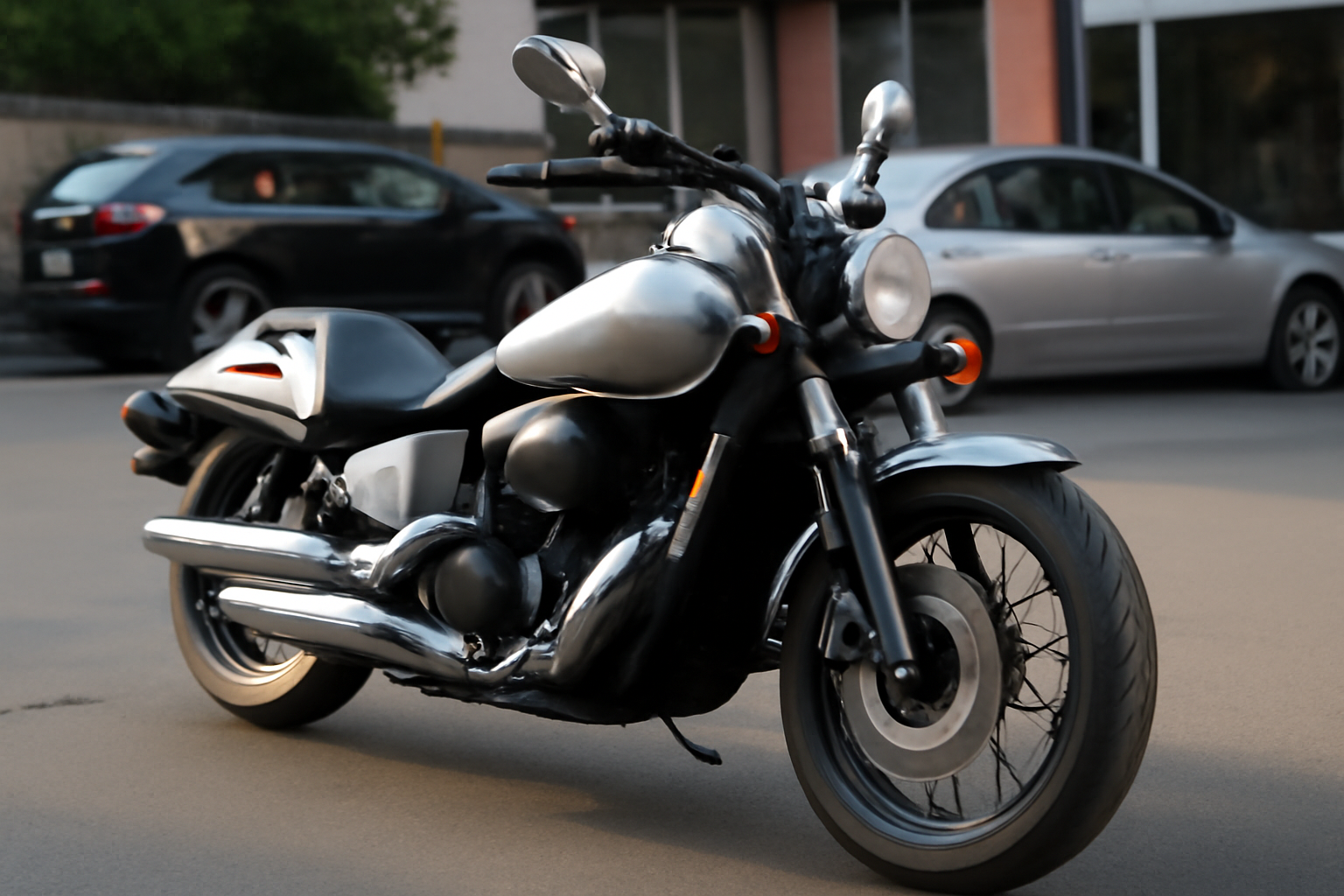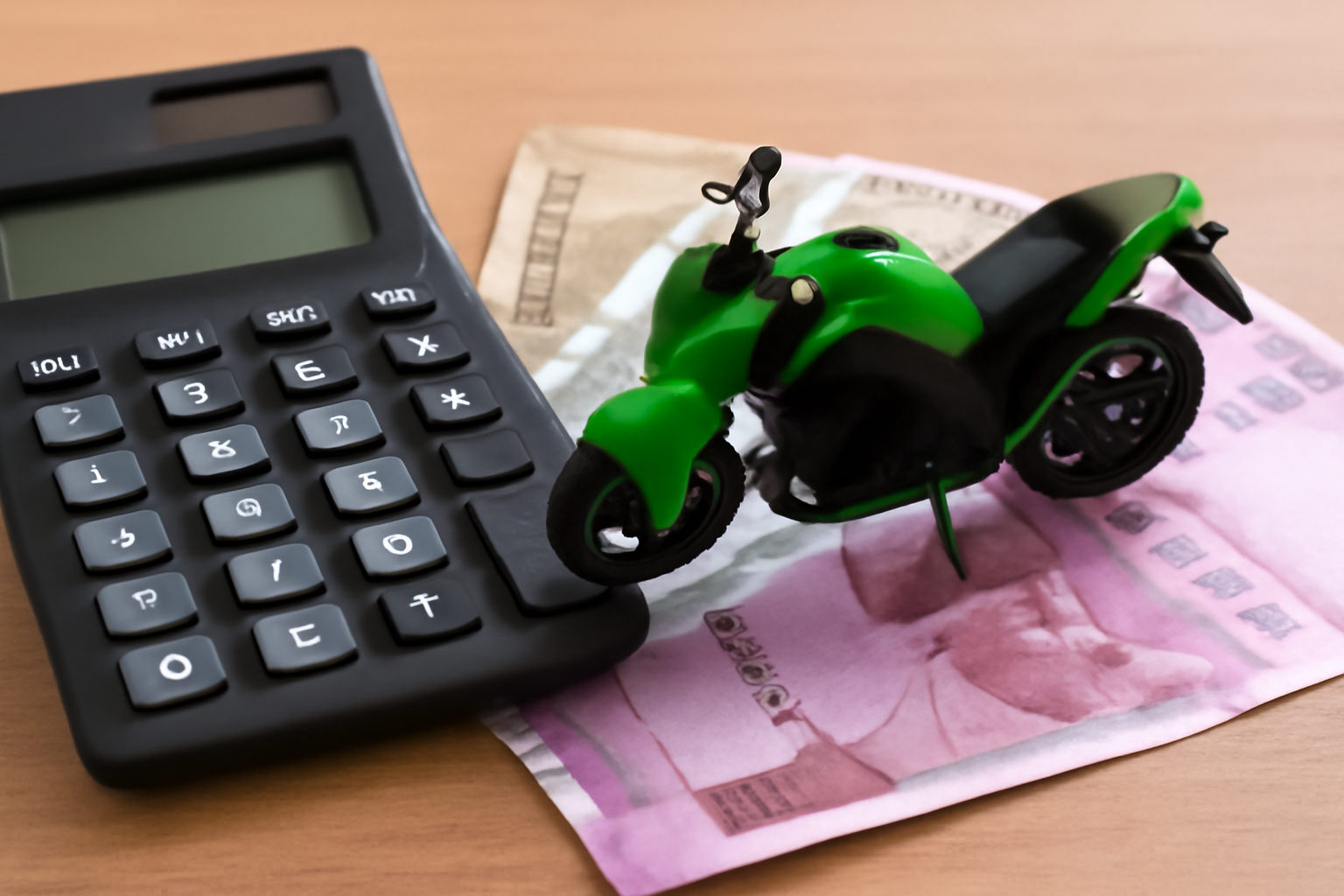As a professional bike mechanic with years of hands-on experience, I often get questions from riders about various bike specs, and one that often comes up is: “What is kerb weight in a bike?” It’s a key term that every rider should understand, as it plays a significant role in how a bike handles, performs, and ultimately feels while riding.
Table of Contents
ToggleIn this blog, I’ll explain what kerb weight is, why it matters, and how it can impact your riding experience. Whether you’re a beginner or an experienced rider, understanding kerb weight will help you make better choices when it comes to selecting or maintaining your bike.
What is Kerb Weight in a Bike?
Kerb weight refers to the total weight of a bike as it is ready to be ridden. This includes the bike’s standard components, all fluids (like oil, coolant, and brake fluid), the battery (if applicable), and a full tank of fuel. In other words, kerb weight is the weight of the bike when it’s fully equipped for riding, but it does not account for any additional gear the rider might carry.
Kerb Weight vs. Dry Weight vs. Gross Weight
It’s important to distinguish kerb weight from other weight-related terms used in the biking world:
- Dry Weight: This is the weight of the bike without any fluids, fuel, or oil. It’s typically a lower number because it doesn’t include the weight of essential fluids.
- Kerb Weight: As I mentioned earlier, this includes all the fluids and other components necessary for the bike to run.
- Gross Weight: This includes everything from kerb weight plus any added accessories or equipment, such as luggage, panniers, or a passenger.
Why is Kerb Weight Important for Riders?
Understanding the kerb weight of your bike is critical because it directly affects how your bike rides and handles. Here’s why it matters:
1. Handling and Maneuverability
A lighter bike is generally easier to handle, especially when navigating tight turns or in heavy traffic. A bike with a low kerb weight is more responsive and will feel nimble under you. Conversely, a heavier bike may require more effort to maneuver, particularly at low speeds or in congested urban environments.
2. Acceleration and Speed
Lighter bikes tend to accelerate faster because they require less power to move. This can make a huge difference, especially on roads where you need quick acceleration, such as when overtaking or speeding up after a stop.
On the other hand, heavier bikes might not accelerate as quickly, but they can offer more stability at higher speeds due to their mass. This is one of the reasons why performance motorcycles often have a heavier kerb weight—they offer a smoother, more stable ride at high speeds.
3. Fuel Efficiency
Kerb weight also impacts the fuel efficiency of your bike. Lighter bikes typically consume less fuel because the engine has to work less to move a smaller mass. If you’re concerned about fuel economy, especially for long-distance rides, it’s worth considering the kerb weight of your bike.
4. Comfort and Ride Quality
Heavier bikes often provide a smoother ride, especially on rough or uneven roads. This is because the additional weight helps absorb bumps and imperfections in the road. Lighter bikes, however, may feel more bouncy or less stable, particularly on highways or rough terrain.
How to Check the Kerb Weight of Your Bike
Most bike manufacturers provide the kerb weight in the bike’s owner’s manual or on the manufacturer’s official website. If you’re unsure about your bike’s kerb weight, I recommend checking these resources or asking a professional mechanic, like myself, who can easily determine the weight for you.
Additionally, many bike reviews online, such as those on BikeWale or Motorcycle News, will list the kerb weight as part of their detailed specifications. For example, you can check Motorcycle News for reviews on bikes and their specifications.
How Does Kerb Weight Impact Your Riding Experience?
Now that we know what kerb weight is and why it’s important, let’s talk about how it can impact your riding experience.
1. Urban vs. Highway Riding
If you primarily ride in cities or congested areas, a lighter bike might be more suitable for you. The reduced weight will make it easier to filter through traffic, park, and maneuver at low speeds.
However, if you enjoy long highway rides or touring, a heavier bike with a higher kerb weight might provide a more comfortable and stable experience. The additional weight helps absorb the vibrations and bumps encountered on long stretches of road, giving you a smoother ride.
2. Types of Bikes and Kerb Weight
Different types of bikes come with different kerb weights. Here’s a breakdown of the average kerb weight for different categories of bikes:
- Sportbikes: These are designed for speed and agility, so they usually have a lighter kerb weight. Expect around 150-200 kg for a standard sportbike.
- Cruisers: These bikes are built for comfort and long-distance rides, so they tend to be heavier. A typical cruiser can weigh anywhere from 250 kg to 350 kg.
- Touring Bikes: Built for comfort and carrying luggage, touring bikes are some of the heaviest, with kerb weights around 300 kg or more.
- Dirt Bikes: Lightweight and built for off-road riding, dirt bikes usually have a kerb weight ranging from 100 kg to 150 kg.
How to Manage the Weight of Your Bike
If you find that your bike’s kerb weight feels too heavy, you can make some adjustments to improve handling:
- Switch to lighter accessories: If you’re carrying extra luggage or gear, consider switching to lightweight options.
- Upgrade to lighter materials: Some components, such as exhausts or wheels, can be replaced with lighter versions to reduce the overall weight of your bike.
- Adjust tire pressure: Ensure your tires are inflated to the correct pressure. Under-inflated tires can make a bike feel heavier and less responsive.
Conclusion
Understanding kerb weight is essential for any biker. It affects everything from handling to fuel efficiency and comfort. Whether you’re a seasoned rider or just starting out, always consider the kerb weight of the bike you’re riding to ensure it fits your riding style and needs.
At BikeProMech, we specialize in providing expert servicing to ensure your bike is in top condition, regardless of its weight. From routine maintenance to customized upgrades, we’re here to help you get the most out of your ride.
For more information on bike specifications and expert advice, check out this detailed guide on motorcycle specifications to help you understand more about your bike’s weight and performance.


